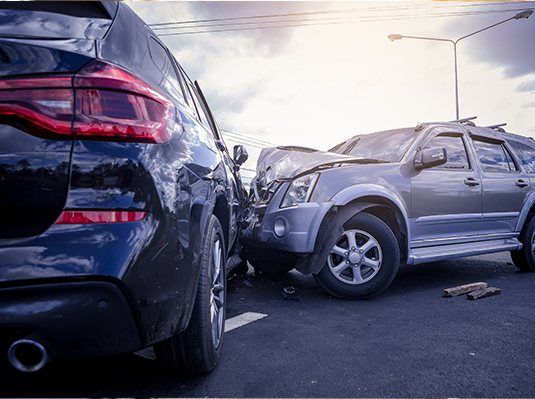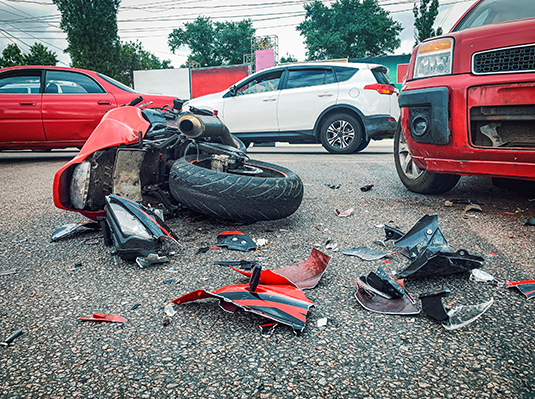
Understanding how car insurance rates are calculated is crucial for every driver. This guide will dive into the factors that can increase your rates and the intricacies of car insurance pricing. By unraveling the mysteries behind insurance premiums, you can gain valuable insights into how to potentially lower your rates and make informed decisions about your coverage.
How is the rate calculated?
Insurance companies take into consideration all sorts of factors to help decide how much you’re going to pay for your insurance, such as:
- Age
- Education/occupation
- Location
- Type of car
- Tickets/accidents
- Credit history (depending on the state)
What factors make my car insurance more expensive?
Insurance can be expensive, but cheaper doesn’t always mean better. If you’re paying more for insurance, there is usually a reason. The main factors that may increase your insurance rate are:
- Tickets: The more tickets an insurance company sees on your record, the more you can expect to see your premiums go up. If you want to save money, ease up on the pedal and put the phone away while you’re driving. To lower your rate, many companies will offer driving programs called telematics, which track your driving behavior and can reward you for good driving behavior.
- Claims: Claims are a big rating factor that insurance companies are going to consider. Before filing a claim that’s only a few hundred dollars, consider how you’re going to pay for it in the long run in your premium. Claims typically stay on your driving history for anywhere from 3-5 years, so always consult with your agent before filing a claim.
- Age: Having young (especially teenage) drivers on the policy is sure to make your rates go up.
How does where I live impact my insurance rate?
By referencing claims statistics, your insurance company adjusts your rate based on where you live. If you live in a city, you’ll pay more because a dense population equates to more drivers and more potential for claims. Additionally, the type of weather where you live may factor into the premiums you pay. If you’re in an area prone to hurricanes, ice, or tornados, this is reflected in your car insurance because you’re at higher risk for filing a claim.
How does my credit score impact my rate?
One of the common myths you may have heard about insurance is how your rates get cheaper when you’re 25. What’s really happening is you’ve gained driving (and life) experience. Around this age, you’ve also started to establish more credit, which works in your favor with insurance companies.
As we get older, we also build more credit history, which insurance companies take into consideration (if your state’s laws allow them to). If you have a higher credit score, you’re seen as being more financially responsible, which typically means you get better rates. It does work both ways, so if you have a lower score, you may end up paying more on your insurance premiums.
Shopping your insurance will not hurt your credit. Even though it’s taken into consideration, it’s what is called a “soft pull” and won’t show up on your credit report. This process is very similar to how companies like Lifelock or Credit Karma can access your credit score, but the credit pull doesn’t have a negative effect.
How does my employment impact my rate?
What you do for a living can make a difference in the discounts you get from your insurance company. Some professions are viewed as higher risk, leading to higher premiums. A delivery driver, for example, runs a much higher risk of getting into an accident and hurting someone else. Depending on what you do for a living, you might see an adjustment in what you pay for insurance.
Education can also play an impact on the potential discount you get with your insurance. The higher level of education you have, the more savings you may see on your premiums.
Why is it important to maintain continuous insurance?
Most people switch their car insurance often, but when it comes to shopping insurance, carriers do look at how long you’ve been with your previous company. When a new insurance carrier sees you jumping ship every six months, they may not be as interested in you as if you had been with the same company for five years. If you’ve been with the same company for a long time, this means that you may get discounts with a new company because they’re hoping that you’ll stick around with them for just as long.
It also matters how much liability you carried on your previous policy. Having more liability coverage not only ensures that you’re better protected, but it also tells insurance companies that you have insurance because you see the benefits rather than keeping the minimum limits the state requires.
I'm going out of town for three months. Can I cancel my insurance and resume later?
Even if you have a period of time where you think you may not need your insurance, like if you go out of town for a few months, it’s probably best to keep your policy active. If you decide to cancel your insurance, you’ll have a lapse when you restart your policy, which usually comes with a hefty price tag. Cancelling your insurance can also hurt you when you drive or rent other cars under permissive use and need extra coverage to kick in.
Car insurance rates are influenced by a multitude of factors, and understanding these nuances is essential for making informed decisions about your coverage. Reach out to your Goosehead agent before making any changes to your insurance coverage, or visit our Digital Agent today.
The contents of this article are for informational purposes only. You should not act or refrain from acting based on this information without first consulting a Goosehead licensed agent. We disclaim all liability for actions taken or not taken by you based on the contents of this article which is provided "as is." Goosehead makes no representation that this content is error-free.


